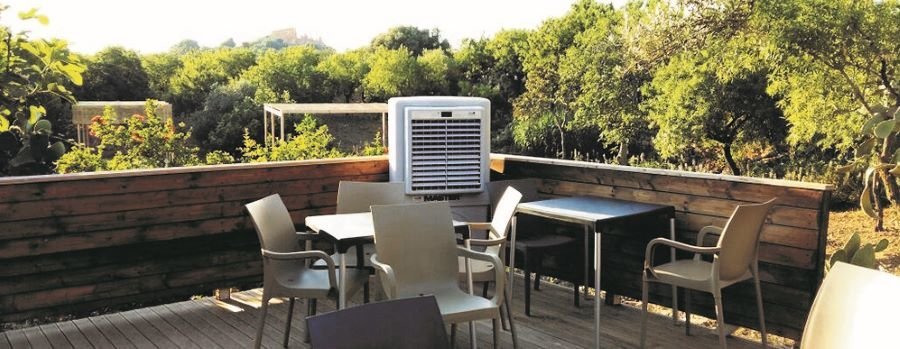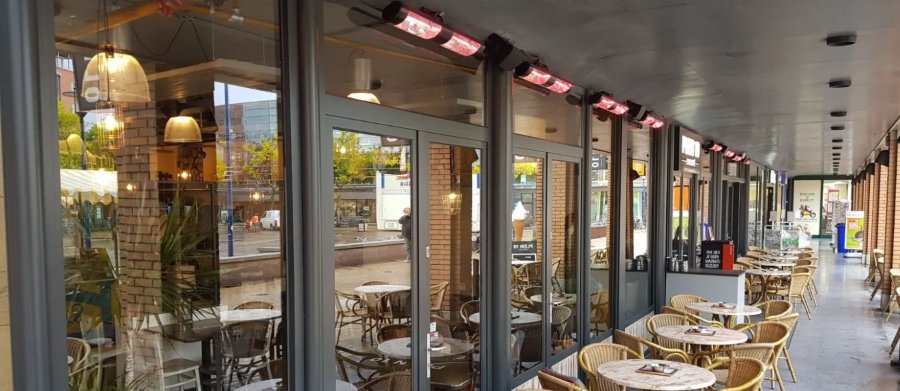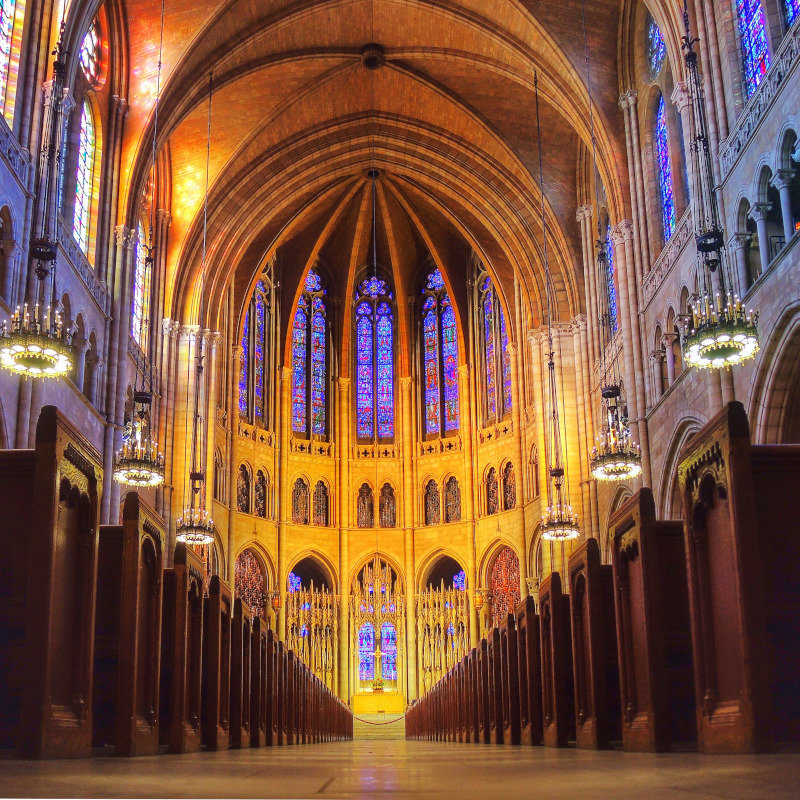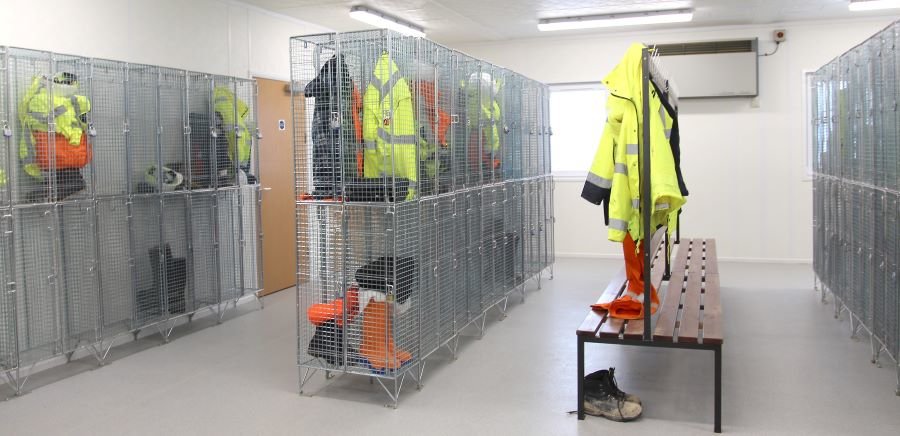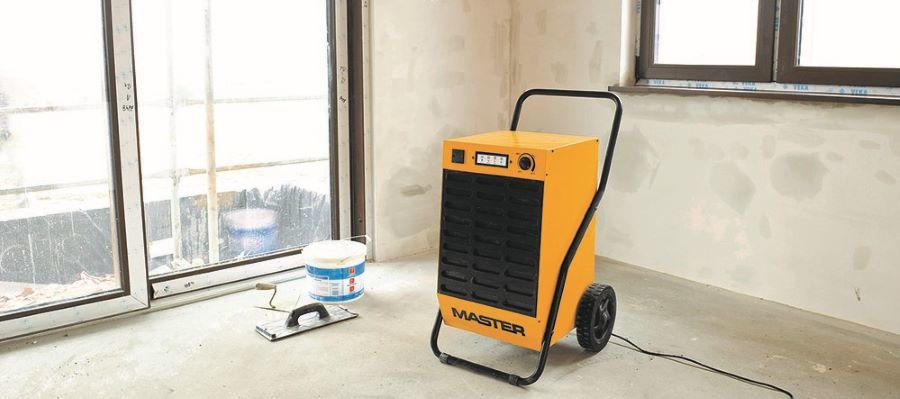Air Conditioning v Evaporative Cooling
What is the difference anyway?
It is air conditioning v evaporative cooling in the battle of the climate control heavyweights. Is there a clear cut winner? Asking what is better between an evaporative air cooler and an air conditioner might not be the best question. Air conditioning and evaporative cooling are often confused as working in the same way and being interchangeable, but that's not the case.
Round 1
Air conditioners and evaporative coolers are both climate control units. They are two of the most popular climate control systems available. They provide a fast, effective and practical source of cool air on warm days. Some units provide dehumidification, air filtering, ventilation, and other valuable function. But, there are big differences between the two.
Is an evaporative cooler an air conditioner?
A common misconception is that an air conditioner is the all-encompassing title for cooling systems. An evaporative cooler is not an air conditioner, and an air conditioner is not an evaporative cooler. The two units work differently and are effective in opposite ways. They are as different from each other as they are from cooling fans.
The differences between air conditioners and evaporative air coolers
Air conditioners are for indoor use only, while evaporative coolers can be used indoors and outdoors. Air conditioners are used in enclosed/sealed indoor spaces, while evaporative coolers are used in well-ventilated areas. You can use air conditioners in low or high humidity indoor spaces to remove moisture from the air. Evaporative coolers are only effective in dry areas, as they add water to the atmosphere. In humid rooms, the evaporation process that evaporative coolers use will not be efficient enough to cool the space sufficiently. Evaporative coolers are much cheaper than air conditioners in terms of running costs.
What is an air con unit, and how do they work?
An air conditioner removes heat and moisture from the air in an enclosed environment and replaces it with cooler and drier air. Portable air conditioners work just like a fridge - using chemicals to convert refrigerant gas to liquid and back again. Air conditioners draw warm air in, and the coolant fluid lowers the temperature of the air, causing moisture in the air to condensate. The cooler and drier air is blown back into the room while the heat is expelled outside through ducting. Wall mounted air conditioning units work in the same way, but you install them permanently, and they maybe have a split unit condenser or a packages terminal.
What is an evap cooler, and how do they work?
An evaporative cooler cools the warm and dry air of well-ventilated spaces using the natural process of water evaporation. Evaporative coolers contain water tanks, a water pump and cooling pads, and an internal fan. As warm air is drawn in by the fan, water is pumped through the cooling pads. The warm air is passed through the wet cooling pads, which naturally causes moisture to evaporate from the pads into the air. This process lowers the temperature of the air dramatically. The internal fan then pumps the cooler and more humid air back out.
Where can you use air conditioning?
Portable air conditioners are designed for indoor use in enclosed rooms and buildings. However, they can be used at home, offices, bars, restaurants, etc. All windows and doors to the outside should be closed, except for one window or vent. That opening allows the exhaust ducting to expel the warm air. As air conditioners reduce humidity, they work well in areas with sensitive equipment like computers and machinery, documents, and artwork.
You cannot use air conditioners outdoors or in well-ventilated areas. They would not adequately cool these spaces. The only access to the outside air should be for the exhaust ducting to dispel the warm air away.
Where can you use evaporative cooling?
Evaporative coolers can be used indoors or outdoors in well-ventilated spaces that have a source of fresh air. Appropriate locations can include workshops, warehouses, factories, marquees, restaurant & bar terraces, etc. In well-ventilated spaces, the moisture in the cool air circulated by an evaporative cooler can evaporate away. The fresh airflow stops building up the humidity within the area to an uncomfortable level.
Swamp coolers are not effective in areas that are already humid. They are only effective in dry areas. Therefore, an evaporative cooler would not provide an effective cooling option if you live or work in a humid environment. Evaporative coolers should also not be used in spaces where sensitive equipment or materials are stored that could be affected by a rise in humidity. These locations include server rooms and IT suites. Air conditioners are the best cooling option for these spaces.
The advantages & disadvantages of both appliances
Air conditioners reduce room temperature and remove moisture from the air. Over prolonged use, the dry conditions created can aggravate respiratory problems and dry out the skin. Unfortunately, air conditioners can be expensive to run and have higher C02 emissions.
Evaporative coolers are cheaper to run and are better for the environment than air conditioners. However, these units are dependent on dry conditions and proper ventilation to work correctly to circulate cooler air. Without good ventilation, evaporative coolers can cause condensation within the space.
As with most equipment, the longevity of air conditioners and evaporative coolers can depend on the frequency of use, care, and maintenance. You can expect an air conditioner to last between 10-15 years, and an evaporative cooler can last for several years with regular maintenance.
Browse our entire selection of cooling items, including portable air conditioners, evaporative coolers, cooling fans, and ventilation and extractor fans.

